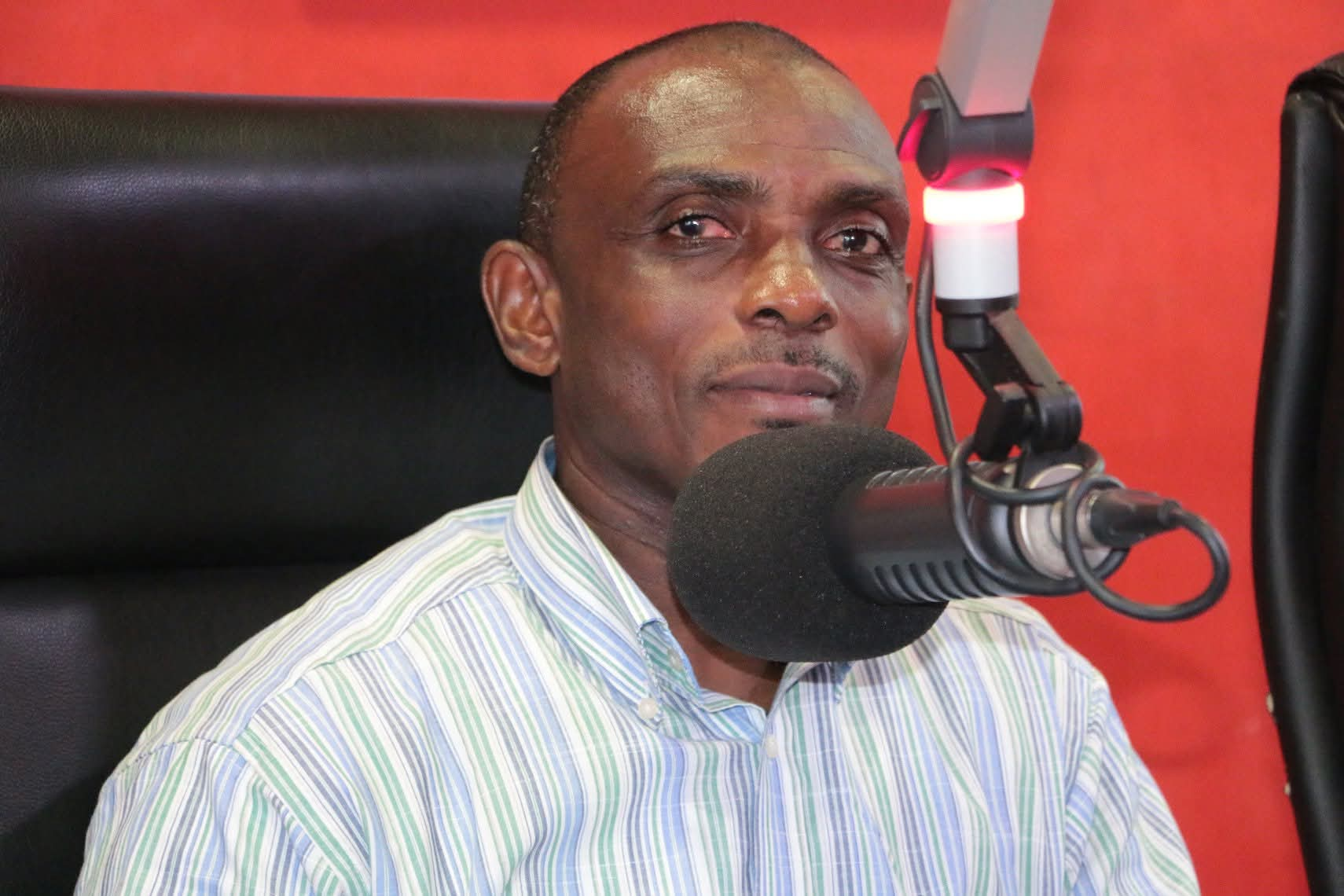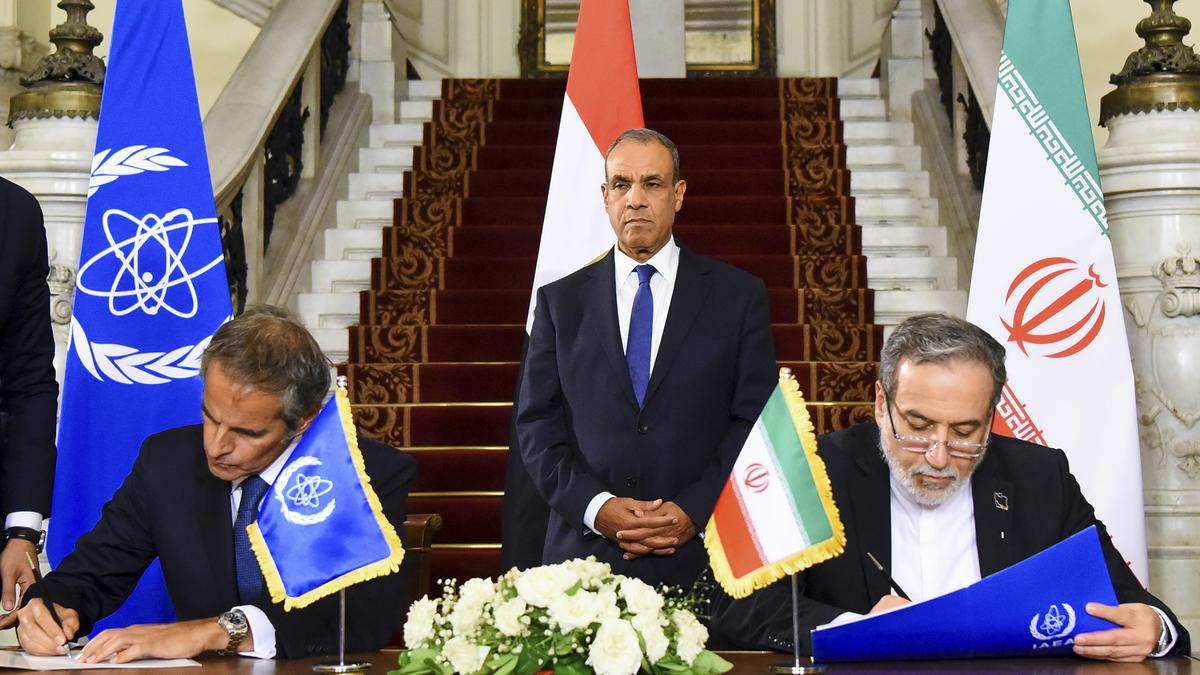By asiedu
Copyright ahotoronline

A troubling trend is unfolding at Korle Bu Teaching Hospital in Ghana, where about 300 highly skilled health professionals have left between January and June 2025 to seek better opportunities abroad. This mass departure has raised serious concerns about the future of healthcare delivery in the country. Dr. Harry Akoto, the Deputy Medical Director of Korle Bu, has pointed out that the main reason behind this exodus is poor pay. Many health workers feel they can earn a better income elsewhere, which is pushing them to leave their posts and look for greener pastures.
The impact of losing so many experienced professionals is a huge blow to Ghana’s healthcare system. These specialists and skilled practitioners are vital because they use their expertise to manage resources effectively and provide quality care. Without them, the healthcare system risks becoming weaker, making it harder for people to get the medical attention they need. Dr. Akoto shared these concerns during a recent meeting with the Ghana Medical Trust Fund, also known as Mahama Cares, which focuses on fighting non-communicable diseases. The success of this important initiative depends heavily on having enough skilled health workers to carry out its programs.
Speaking with Ahotor News, Dr. Aaron Kumah, a senior lecturer at Akenten Appiah-Menkah University, highlighted how low wages in Ghana are a key cause of this problem. He explained that many health workers will naturally want to move to countries where they can earn more. To stop this brain, drain, the government has to raise salaries so that workers feel valued and can support themselves better at home. When wages abroad are so much higher, it is no surprise that many people choose to leave.
Furthermore, Dr. Kumah stressed that Ghana’s health sector also lacks sufficient resources in general, which makes the problem even more difficult. Even though resources are limited, experienced professionals are often able to find ways to make things work, but if they leave, it will become even harder. Ghana already has one of the lowest life expectancies in Africa, with men living on average just 63 years and women 65 years. Losing skilled health workers could worsen this situation.
In addition to pay, affordable housing and other social support for workers would encourage them to stay. Dr. Kumah suggested that if the government provided housing and better living conditions, more health professionals might choose to remain in Ghana. Without these changes, the country risks losing more of its valuable talent. To protect the future of healthcare, the government must hold discussions with all stakeholders and act quickly to improve wages and conditions. Only then can Ghana hope to keep its skilled workers and build a stronger healthcare system for everyone.
Story by: Ohemaa Adusi-Poku



